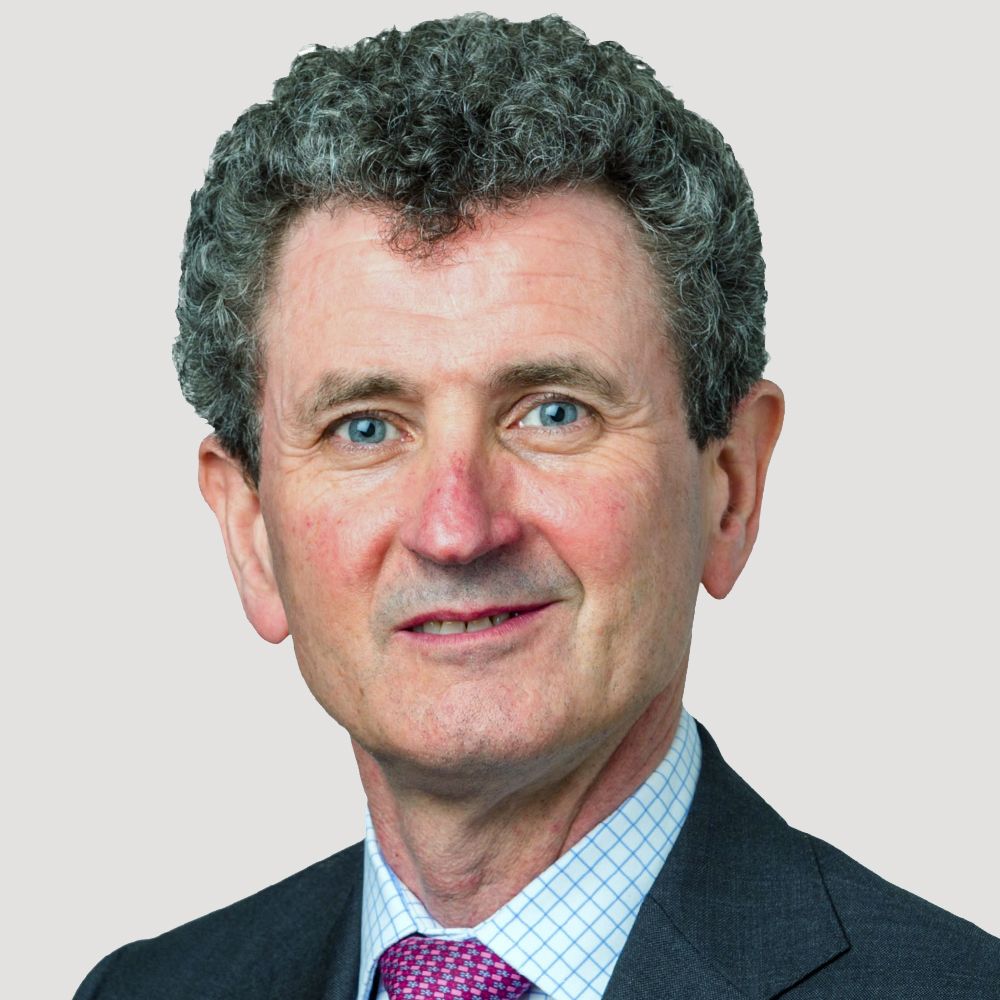The move from a linear to a circular economy is essential for the planet. The circular economy mindset has the potential to transform ESG thinking from a backward-looking, passive conception of risk to one that is rooted in transition, innovation and balancing stakeholder interests.
An adaptive business model has never been more important in enabling a company to remain relevant in a world in flux. Business models are usually based on maximisation of growth, which means even if resource intensity falls, the total consumption of resources still increases.
According to the World Resource Institute, we need 1.5 Earths to sustainably support our current consumption, which is projected to double by 2050. Population growth and consumption led economic models are increasingly challenging our ability to avoid compromising meeting the needs of future generations. We cannot indefinitely rely on consumption and fast depleting natural resources to drive growth.
There are many business opportunities for responsible consumption and production, creating new solutions and business models to invest in delivering a more sustainable future. These stretch from innovative technology solutions through to embedding resource efficiency in sustainable business models to transitioning away from the reliance on fossil fuels for energy, circularity is a concept anchored in building corporate resilience: it is an opportunity open to all companies and is relevant across all industries.
See also: – Andrew Parry: The ESG themes accelerated by the pandemic
Waste management companies that send the bulk of the materials they collect to landfill often find their way into sustainable funds, despite the environmental challenges that the activity presents. Sweden has shown that there is a different model, virtually eliminating household waste going to landfill and instead managing it through biological treatment, converting it to energy or recycling it.
As for the challenges posed by plastics, bioplastics are set to play a role in tackling the ocean of plastic waste engulfing the planet. There are super-enzymes being developed that can convert plastic back to its original form. Even the humble waxworm has been found to have a penchant for munching through polyethylene. A specific bacteria in its gut converts the plastic to alcohol, which may help with the development of tools to eliminate plastic from the environment.
However, the challenges and therefore opportunities extend beyond just waste and plastic usage. Resource efficiency in the manufacture of a range of consumer products from drinks and clothing to cars and building products can yield large reductions in the use of raw materials that bolster margins and support growth.
Leadership in this area can trigger system change through accelerating adoption of best practice across value chains and underpin franchise value. The competition for market share in electric vehicles and energy storage is driving rapid developments in the material science of batteries that are, in part, spurred on by the environmental and social costs of cobalt.
Society is increasingly playing its part in the transition. According to a GlobalData consumer survey, the percentage of consumers planning to spend more on sustainable brands over the next five years doubled between 2018 and 2019 to more than 40%.
Reuse, repurposing and sharing instead of ownership are all on the rise and represent a more rational approach to spending as they can represent a better value for money proposition than purchasing new products. As the income of the current generation is less than their parents, it is not simply a greater concern for their environment that is driving these emerging trends; it is economic necessity.
There needs to be a complete recalibration of our thinking and to recognise that we need to go beyond ESG as a convenient set of labels and instead to embrace real change in the way that we manage and allocate resources. Guaranteeing the balance between economic growth and care for the environment and social wellbeing is a challenge that we are still failing to meet, as we are still operating in a degenerative system. The circular economy is only the first step on the journey to true balance.
Andrew Parry is head of sustainable investment at Newton Investment Management and ESG Clarity editorial panellist.








